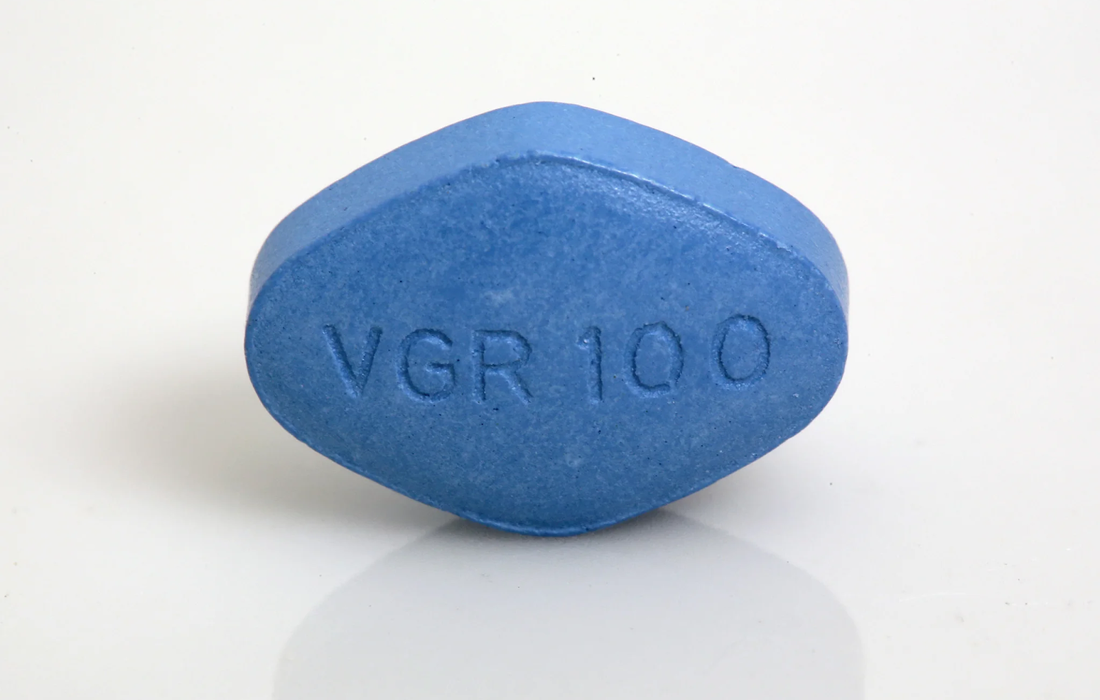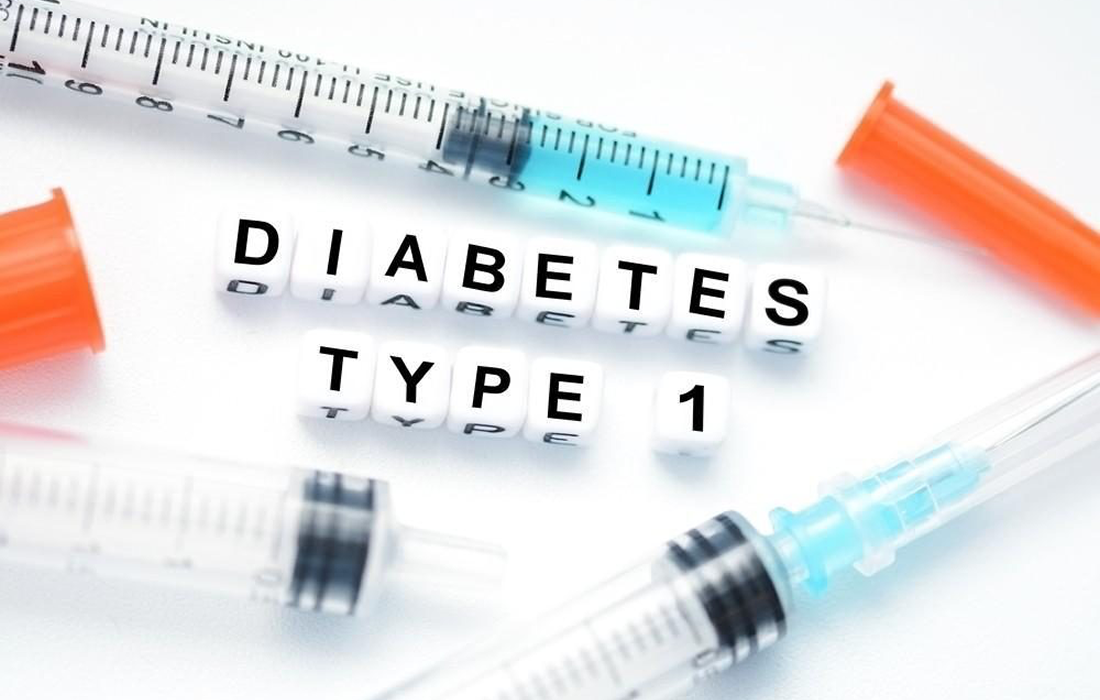Sildenafil, more commonly known as viagra, is a medication used to treat erectile dysfunction in men. It is also used to improve the ability to exercise in adults with pulmonary arterial hypertension. A new study published in the journal Nature Aging looked at the potential of repurposing licensed drugs for the treatment of Alzheimer’s disease […]
Category Archives: Regenerative Medicine News and General Information
Despite their questionable efficacy for chronic pain, prescription opioid analgesics have been a mainstay in clinical pain over the last 3 decades. The severity and scale of the North American opioid overdose epidemic has highlighted the genuine risk of physical dependence and overdose with prescription opioids and these risks have been exacerbated by the COVID-19 […]
Regular physical (PA) activity is strongly associated with risk reductions of noncommunicable diseases and mortality. The 2020 World Health Organization Physical Activity Guidelines recommend adults to perform at least 150 minutes/week of moderate intensity PA, or 75 minutes/week of vigorous intensity PA, or an equivalent combination of the 2. Data from the general population indicate […]
A new study recently published in the Journal of the American Heart Association found that people who ate more saturated fats from red meat and butter were more likely to develop heart disease and the opposite was true for those who ate more saturated fats from cheese, yoghurt and fish, which were actually linked to […]
Shigella is a gram-negative, facultative intracellular bacteria that causes dysentery. Shigella flexneri is a gram-negative bacteria of medical importance. Fecal-oral propagation of these bacteria is the predominant mode of transmission and usually occurs via contaminated drinking water. This type of bacteria rapidly transverse the gastrointestinal tract to invade colonic epithelial cells and upon invasion it […]
Antihistamines are medications commonly used to treat allergies, such as hay fever, hives, conjunctivitis and reactions to insect bites or stings. They are also sometimes used to prevent motion sickness and as a short-term treatment for insomnia. Most antihistamines can be bought from pharmacies and shops, but some are only available on prescription. What is […]
Combining knowledge of chemistry, physics, biology and engineering, scientists from McGill University develop a new biomaterial tough enough to repair different body tissues, including heart, muscle and vocal cords. Injectable hydrogels can be delivered via needle–syringe injection into the human body with low invasiveness. They have found significant use in many branches of medicine, including […]
Boxing is a very popular sport. In some countries like Wales, many have seen it as a means to rise above the poverty of everyday life. The popularity of the sport has been enhanced by a large number of professional foxers. Boxing involves the potential for repeated head trauma that may increase risk of traumatic […]
Researchers from Yale University have developed an oral medication to treat diabetes that controls insulin levels while simultaneously reversing the inflammatory effects of the diseases. The results were published in the journal Nature Biomedical Engineering. The drug has 2 critical advantages over the standard treatment for diabetes because it can be taken orally. It’s much […]
Stem cell therapy can help heart failure patients decrease their risk of non-fatal myocardial infarction (MI) or stroke, according to new research presented at the American Heart Association’s Scientific Sessions 2021. Heart failure is a condition when the heart is unable to adequately pump blood to meet the body’s need for oxygen and nutrients. In […]










